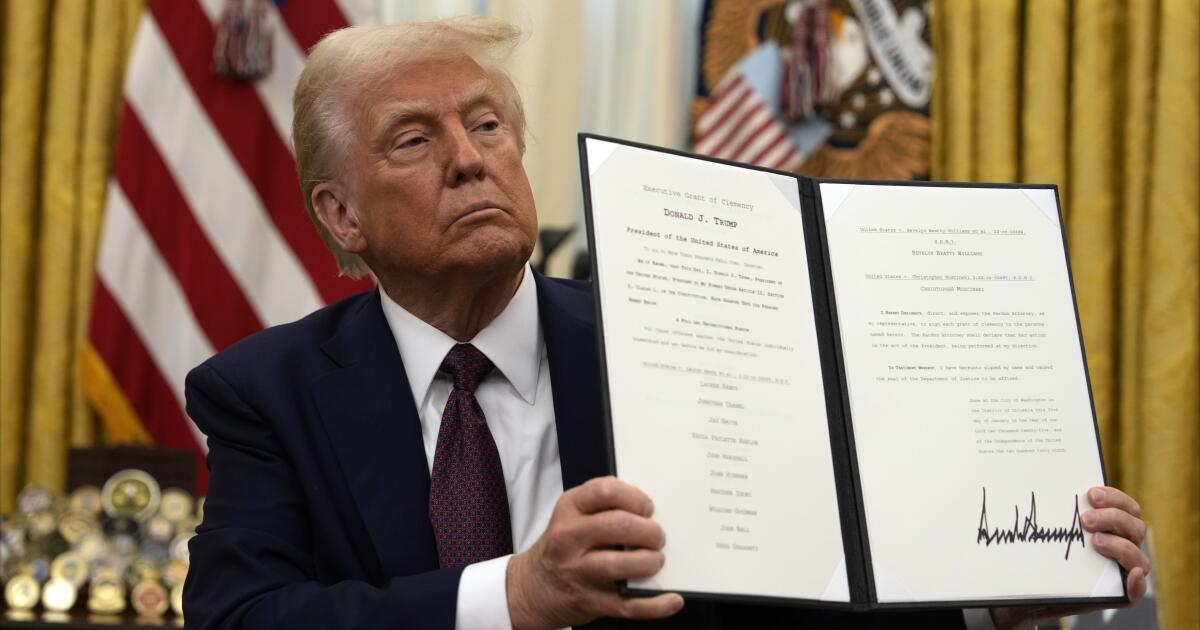MasterChef is returning tonight with hosts Gregg Wallace and John Torode as its presenters, despite the pair being recently fired from the BBC One series following an investigation
MasterChef fans are furious that former hosts Gregg Wallace and John Torode are included in tonight’s episode of the BBC programme. The duo were recently axed from the series for different reasons after Wallace was initially under investigation over complaints made about his behaviour.
Wallace was axed from the series after law firm Lewis Silkin upheld 45 out of 85 complaints against him of inappropriate behaviour. While the 60-year-old has admitted to using inappropriate language at times, he denies the more serious allegations. Meanwhile, co-host Torode did not have his contract renewed with Banijay UK, who make MasterChef, after he was alleged to have used racist language amid an investigation into his former co-star’s behaviour.
He claimed he had no memory of making the comment and denies it ever happened. It comes after reports Gregg Wallace is trying to ‘earn a living’ after MasterChef exit amid ‘battle every day’.
READ MORE: Gregg Wallace and John Torode’s distance on first MasterChef episode since double axeREAD MORE: MasterChef’s Gregg Wallace ‘ruins’ chance of redemption after ‘slipping at first hurdle’
While the duo have been axed from the programme, they are still featuring in tonight’s episode of MasterChef, much to the disappointment of fans.
They rushed to social media to express their anger as they threatened to boycott the series for showing the two hosts on our screens this evening.
One user said on X/Twitter: “The decision to screen MasterChef tonight is unforgivable. There was no need to show this next series on BBC when they could’ve just streamed it on iPlayer and people who wanted to watch it would still have been able to. We will switch BBC off.”
“I hope no one watches #MasterChef #BBC,” said one user along with an angry face emoji. One added: “ou shouldn’t be showing it either. Poor decision Mr Davie. I think your days are numbered.”
Another fan was convinced: “#MasterChef will contain some type of message this evening or it would have been pulled.”
The latest series of MasterChef landed on BBC iPlayer this morning before airing on BBC One at 8pm. There had been concern over the future of the already filmed series following both Wallace and Torode’s axe.
However, they both appear in the introduction shots of the first episode. Torode said: “This is the sort of stuff that dreams are made of”, while Wallace told a contestant: “That is a cracker of a job”.
Despite both Wallace and Torode appearing in the episode, their screen time has tanked compared to previous series. BBC bosses have begun to airbrush the pair out of MasterChef – reducing screen time and removing them from promotional pictures on iPlayer.
Follow Mirror Celebs on TikTok, Snapchat, Instagram, Twitter, Facebook, YouTube and Threads.
READ MORE: Teeth whitening solution so ‘effective’ shoppers of all ages love it is 30% offREAD MORE: ‘This £12 smudge-proof brow pen gives me thicker eyebrows in seconds’







